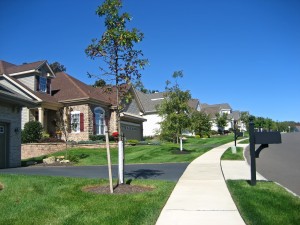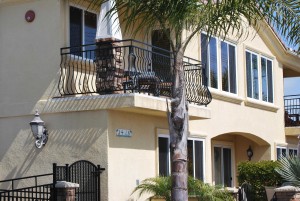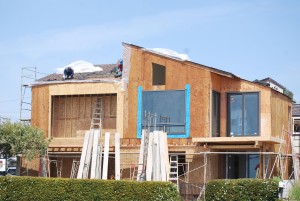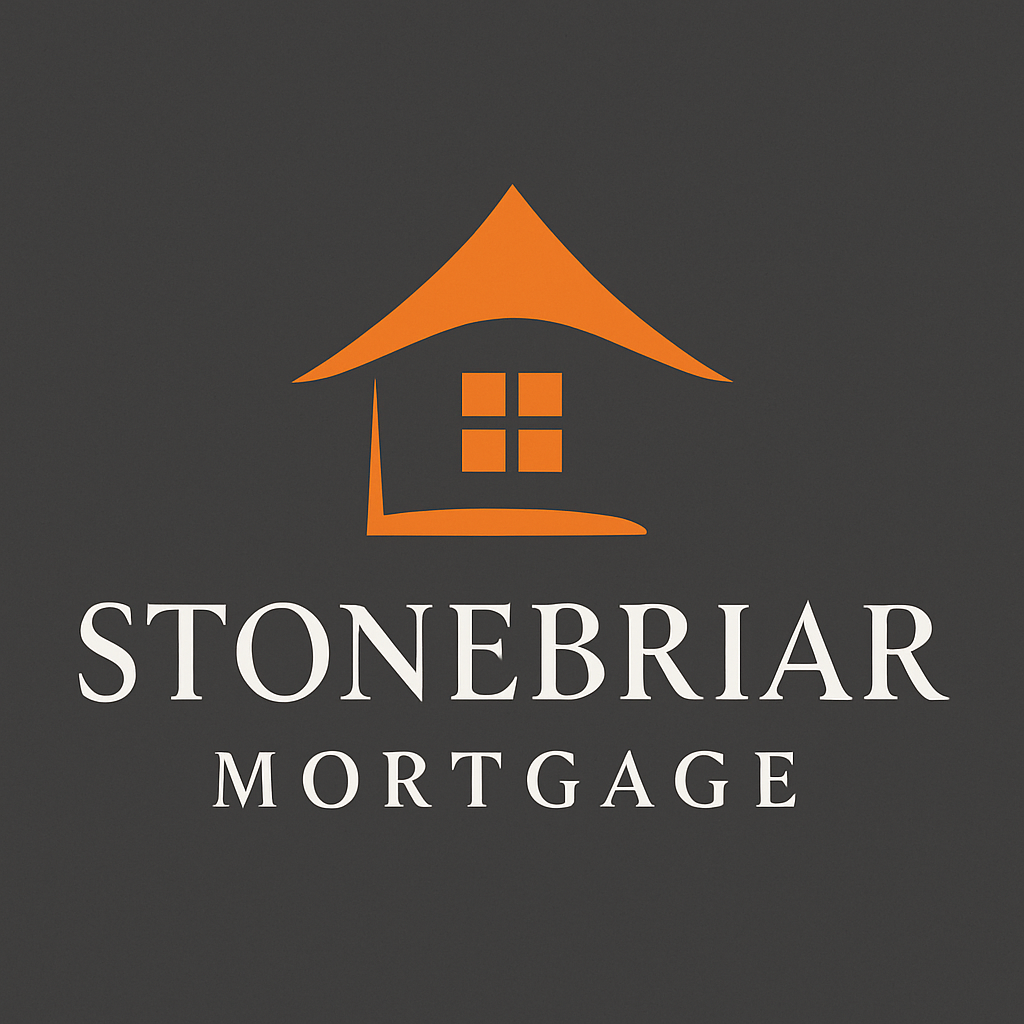
Asset depletion refers to a method that lenders use to calculate a borrower’s monthly income. In this calculation, they will divide the assets by a set number of months. You do not have to cash in your assets; however, they are used to tell whether you will be able to make your monthly mortgage payments. In this week’s blog post, Stonebriar Mortgage explains how asset depletion works for homeowners in the Dallas Texas and California markets.
How Asset Depletion Mortgages Work
When applying for an asset depletion or asset dissipation mortgage, you are using liquid assets to qualify for a loan approval. If you do not have a traditional monthly income or W2 to use with your loan application, then asset depletion may really benefit you. Let’s say you have significant assets such as funds in a bank, investment or retirement account—these can be used during the underwriting process to prove your worth as a borrower. If you are self-employed, wealthy, or retired/almost retired—then this program may be right for you.
How Asset Depletion Mortgages Get Approved
Lenders may use different methods with this loan, but they generally all work the same. A formula will be used to calculate the income that could be made if your assets were totally liquidated over a set period. An assumption is being made that you would be able to sell or use those assets to obtain cash during the mortgage. Of course, it is not expected that you are required to do this. A lender will add the total calculated amount to any other income you are making to determine what mortgage to approve.
Let’s say you are making money from retirement or social security—this will be added to your asset worth in order to obtain a debt-to-income ratio. While you may have substantial assets, you still may not get approved for a high-value home—so be reasonable in what you plan to buy. You need to recall that they are using a formula and a set period to determine how quickly your assets can convert to cash.
Finding the Right Asset Depletion Mortgage
Stonebriar Mortgage loves helping individuals with high assets and non-traditional income find their dream home in the Dallas, Texas and California markets. Your debt-to-income may range from 40-50% to get approved. If you are currently getting any income from dividends, this will be subtracted from the total amount of assets to avoid double-counting. However, this income will still help you qualify for the right-sized asset depletion mortgage.
Working with the right team is important. Stonebriar Mortgage has experienced professionals here to help you find a home in Dallas, Texas and California using your assets to qualify.




